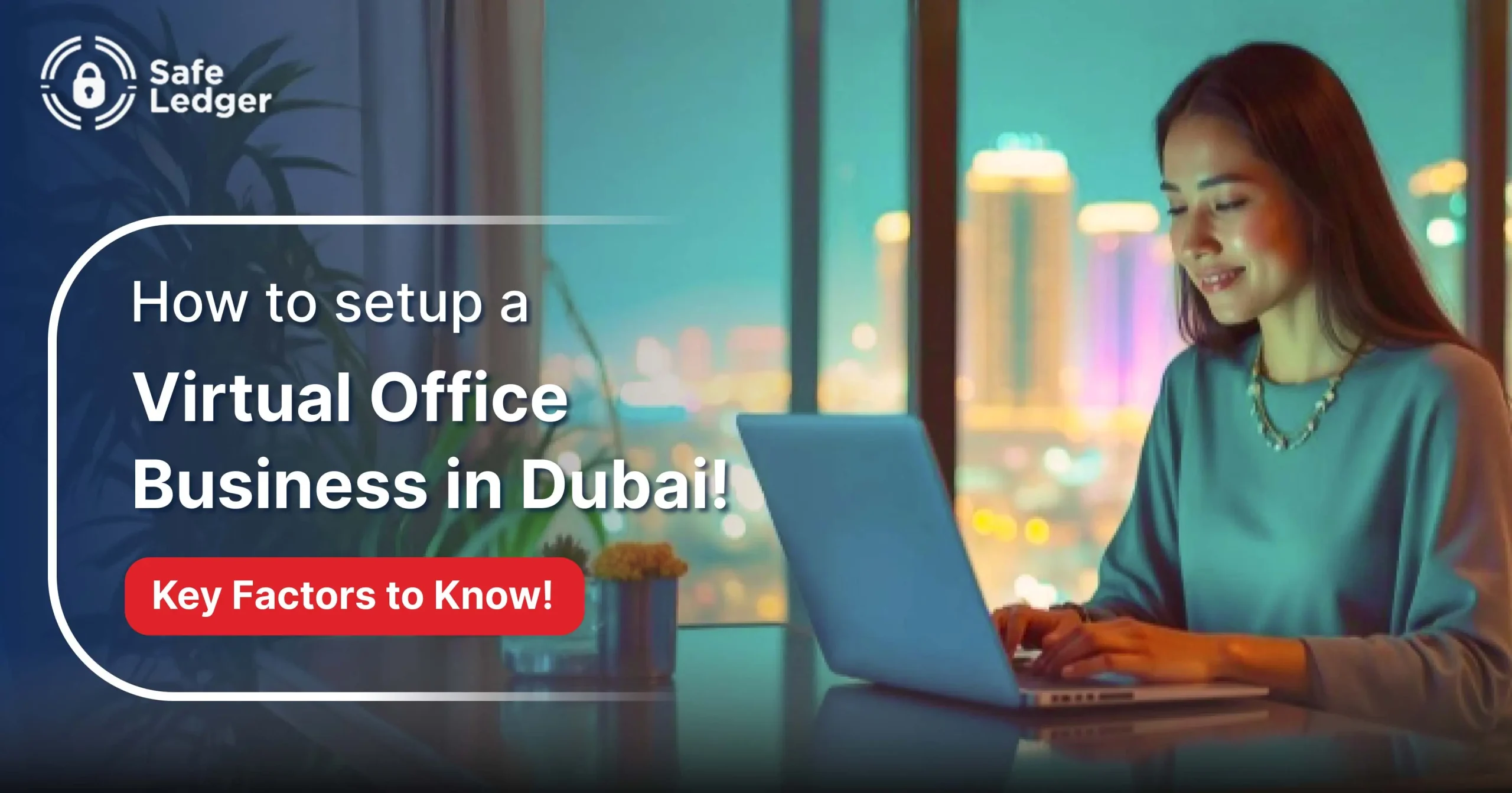Choosing the right virtual office location can enhance your business’s credibility and provide a professional image. Dubai offers a variety of options, from bustling mainland areas to well-known free zones.
Virtual Office for Mainland Areas
Mainland locations are ideal if you want a prestigious business address with easy access to clients and partners. Popular areas include:
- Sheikh Zayed Road: Dubai’s main business artery, known for premium office spaces and accessibility.
- Business Bay: A modern commercial hub with numerous corporate offices.
- Downtown Dubai: Offers a prestigious address near landmarks like Burj Khalifa and Dubai Mall.
Popular Free Zones
Free zones provide benefits like 100% foreign ownership and simplified licensing processes. Key free zones for virtual offices in Dubai include:
- Dubai Multi Commodities Centre (DMCC): A top choice for trading and professional services.
- Dubai Internet City (DIC): Ideal for tech companies and digital enterprises.
- Dubai South: A fast-growing business hub with cost-effective office options.
The best location for your virtual office depends on your business activity, target clients, and the professional image you want to project. Mainland addresses often carry more prestige, while free zones offer regulatory and tax advantages.

